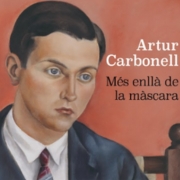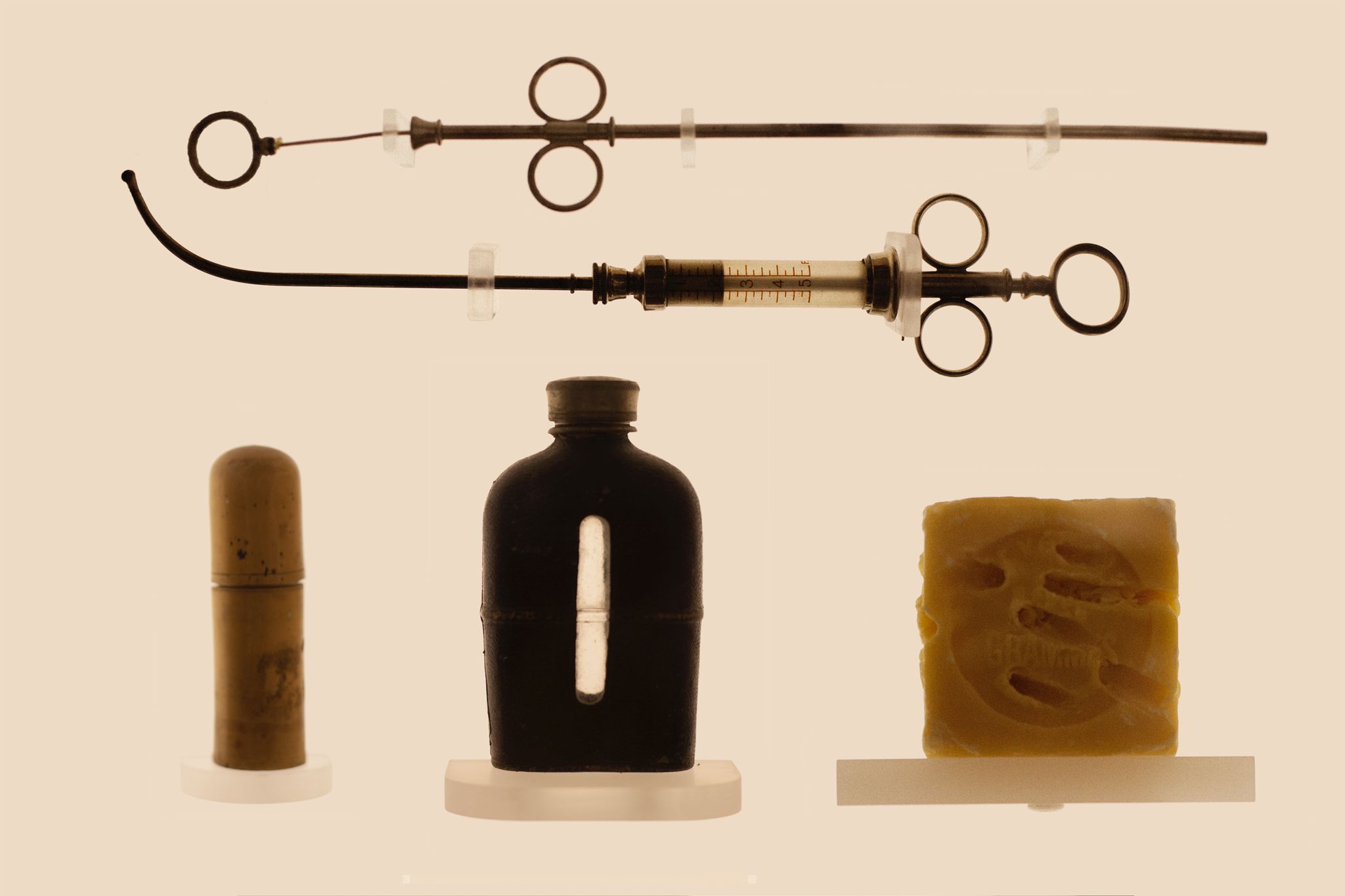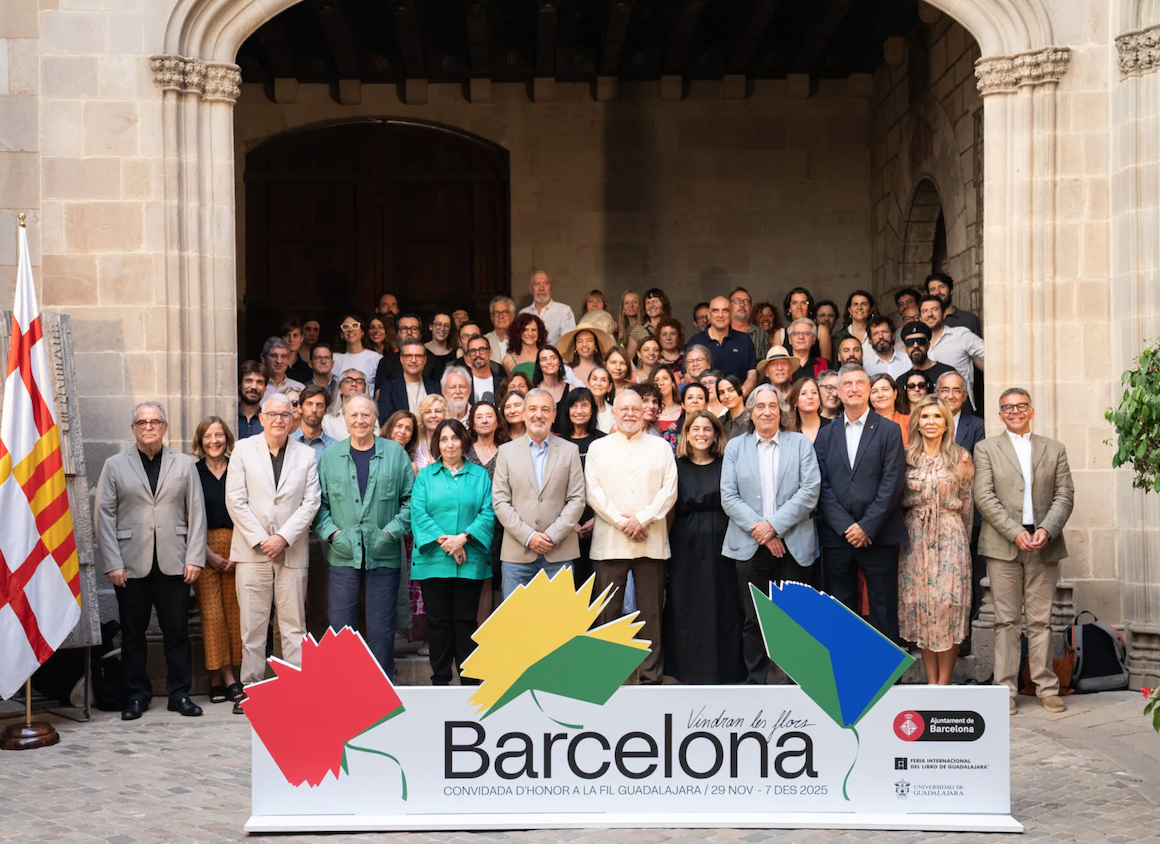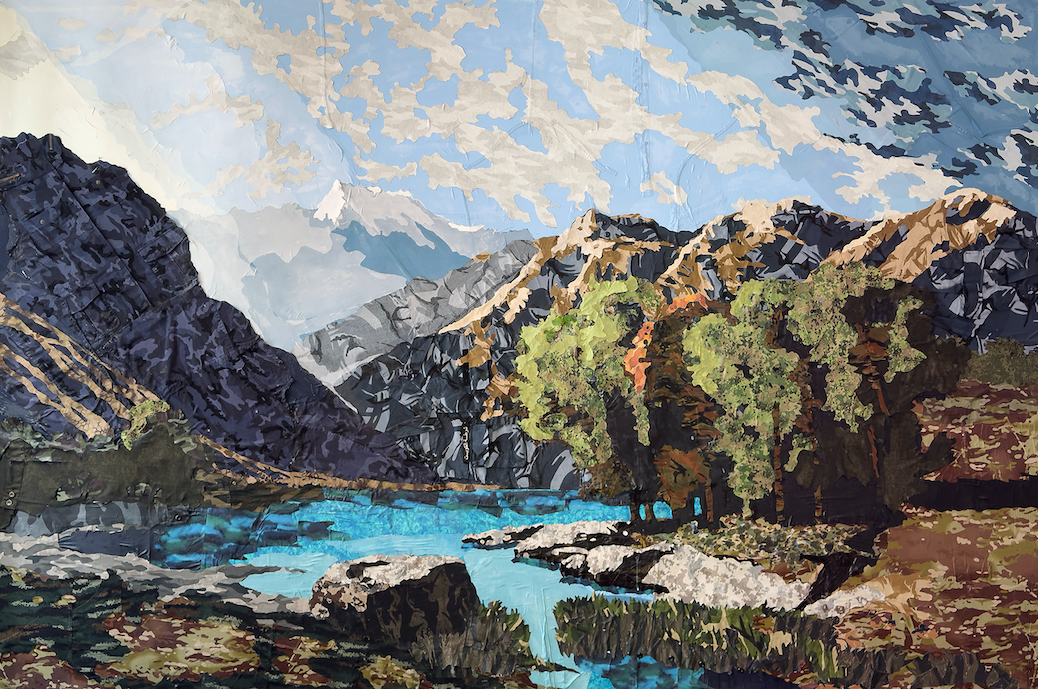Opinion
The processing plant
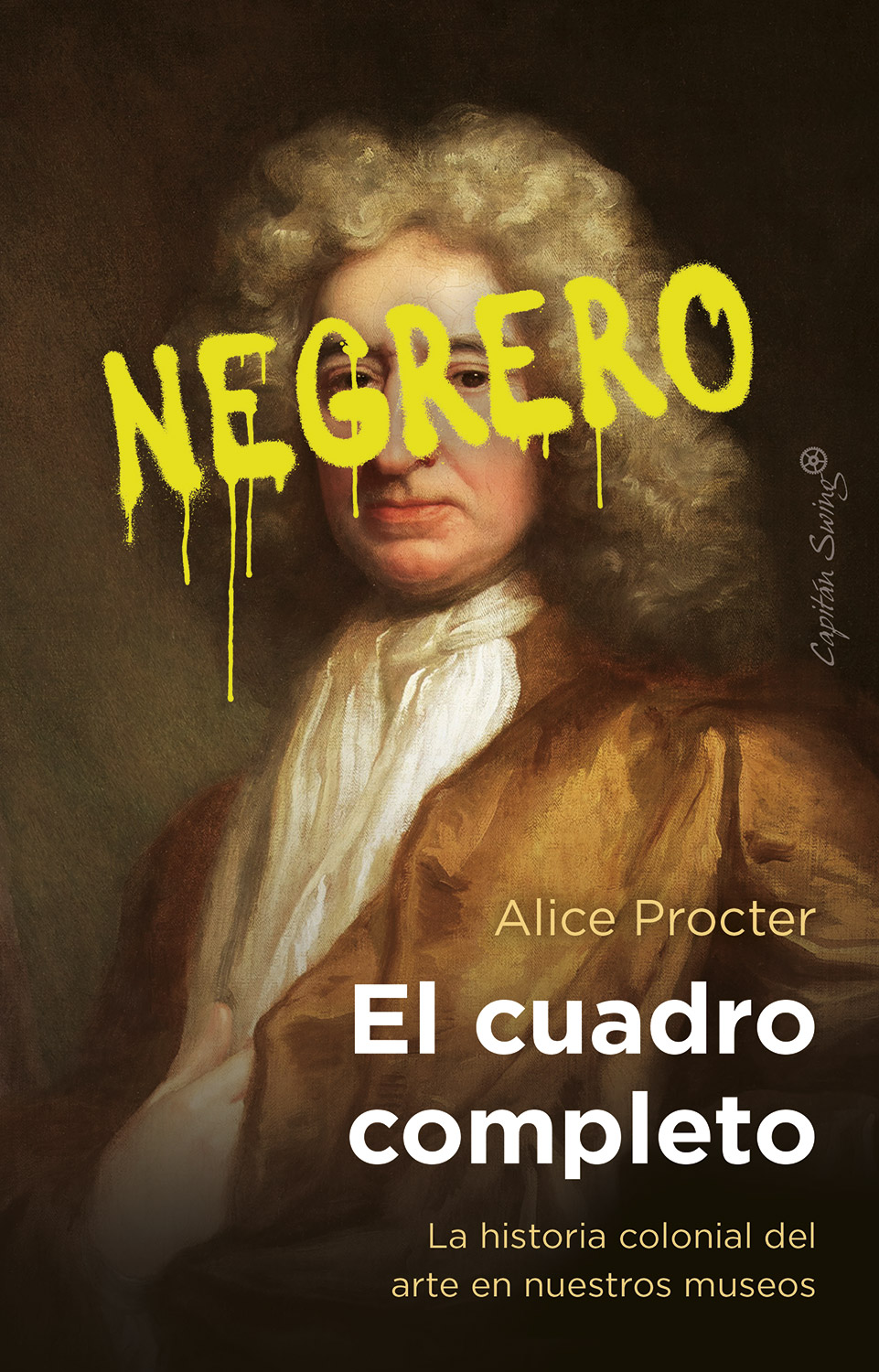
In June 2017, art historian and curator Alice Procter (Sydney, 1995) launched the Uncomfortable Art Tours, visits to British galleries and museums—The National Gallery, the British Museum, the Victoria and Albert Museum, and the Tate Britain—with the intention of revealing the imperial and colonial roots behind the creation of some art collections. Sordid stories of looting, slavery, slave trade, and genocide, which have shaped and financed important English museum collections, but which could also be traced to other collections and funds closer to home.
Three years after starting these weekly tours, which offer resources to deconstruct current museum narratives, Procter wrote The Complete Picture. The Colonial History of Art in Our Museums, published in Spanish by Capitán Swing. The book's cover is an adaptation of the posters the author uses to promote her guided tours. In this case, the portrait of Edward Colston by Jonathan Richardson of Bristol City Council, interspersed with the word Negrer. As with her “uncomfortable art tours,” Procter weaves the story while raising multiple questions: who has the right to own objects and tell their stories? Is it possible to decolonize our galleries? Can a museum be a place from which to confront political or social inequality on a large scale? He doesn't give answers to all the questions, but he lets loose some ideas: “I'm starting to think,” he argues, “that the museum is really a cemetery, a place where change dies (well, okay, maybe it's more like the processing plant, where change becomes economically viable).”
And, starting from the history of a series of pieces, of stolen diamonds or sarcophagi or paintings with colonialist roots, he suggests new ways of looking. “As committed museum visitors,” he writes, “your task is to remember that a museum is a box of objects that have been placed there by a collector or a group of collectors, and that are presented as a complete thing; so you must ask yourself: what is missing? Through whose eyes are we looking at history? How has this history been shaped and cut up until it is transformed into a story? Are we facing the same Great White Males as always? Don’t fall into the complacency of believing that if something is worthy it will be in the museum and, conversely, that if it is not in the museum it is because it is irrelevant.”
However, Procter is not working on barren ground. Decolonial discourses, which call for materializing restitutions and carrying out historical reparations to plundered peoples, as well as resignifying and contextualizing monuments and collections, are on the agenda; as is colonialist rhetoric, which is heard roaring with increasing force.



